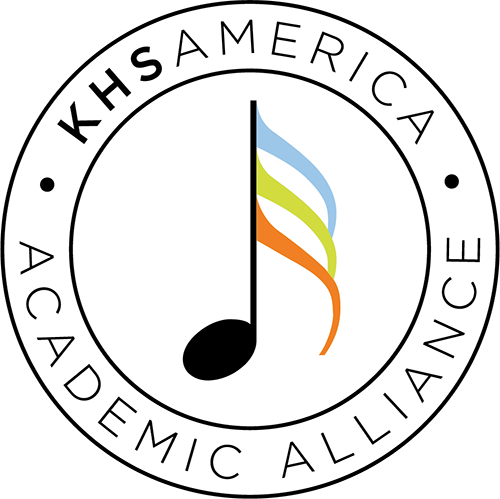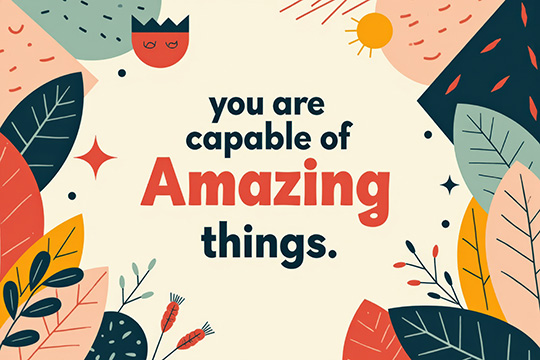As music teachers, we have always been concerned with the mental, physical, and emotional wellbeing of our students. We know that’s part of being a teacher. Our worrying about each child’s welfare, safety, progress, and success is part of our calling. And each of us shows that in our own way. Things like sending notes home to praise a student’s accomplishment or calling a parent to express concern about a student’s progress are still just as possible and worthwhile as they were before our need for virtual teaching. But those far more spontaneous or subtle things like shouting a few words of excitement to a student who’s walking down the hallway after they achieved a goal they were aspiring to reach, giving those “pats on the back” for a great rehearsal, showing those smiles that “tell” students how proud we are of them, sharing those simple signs of recognition we’d give students, or expressing those looks of delight we showed for their hard work, that back in “normal days” we would have shared every day as effortlessly and naturally as we took a breath of air. In these times, those are gone in the ways we did them. However, we all know they are equally, if not more, important now in these times of uncertainty and worry for them. We might not be able to smile at our students in rehearsal in the same way, but we still can in whatever virtual platform you are using. We might not be able to give a praising nod to a child in a lesson, but we can virtually. Whether it is delivered in written words, or by some video platform, we can surely still make a child’s day with a simple gesture or word the way we always did before. Why? Because it means just as much now as it did then. And now that we are connected to our students electronically more often and more intensely than most of us have ever experienced, it might be the perfect time to do those motivational and uplifting gestures even more.
Peter Loel Boonshaft, Director of Education
KHS America
The content of this Blog article or Banded Story is the intellectual property of the author(s) and cannot be duplicated without the permission of KHS America and/or the author(s). Standard copyright rules apply.



 We look forward to the evolution of this exciting program, and welcome feedback on how we can further enhance the work that you do in music education.
We are excited to offer your program the opportunity to join the KHS America Academic Alliance today.
We look forward to the evolution of this exciting program, and welcome feedback on how we can further enhance the work that you do in music education.
We are excited to offer your program the opportunity to join the KHS America Academic Alliance today.